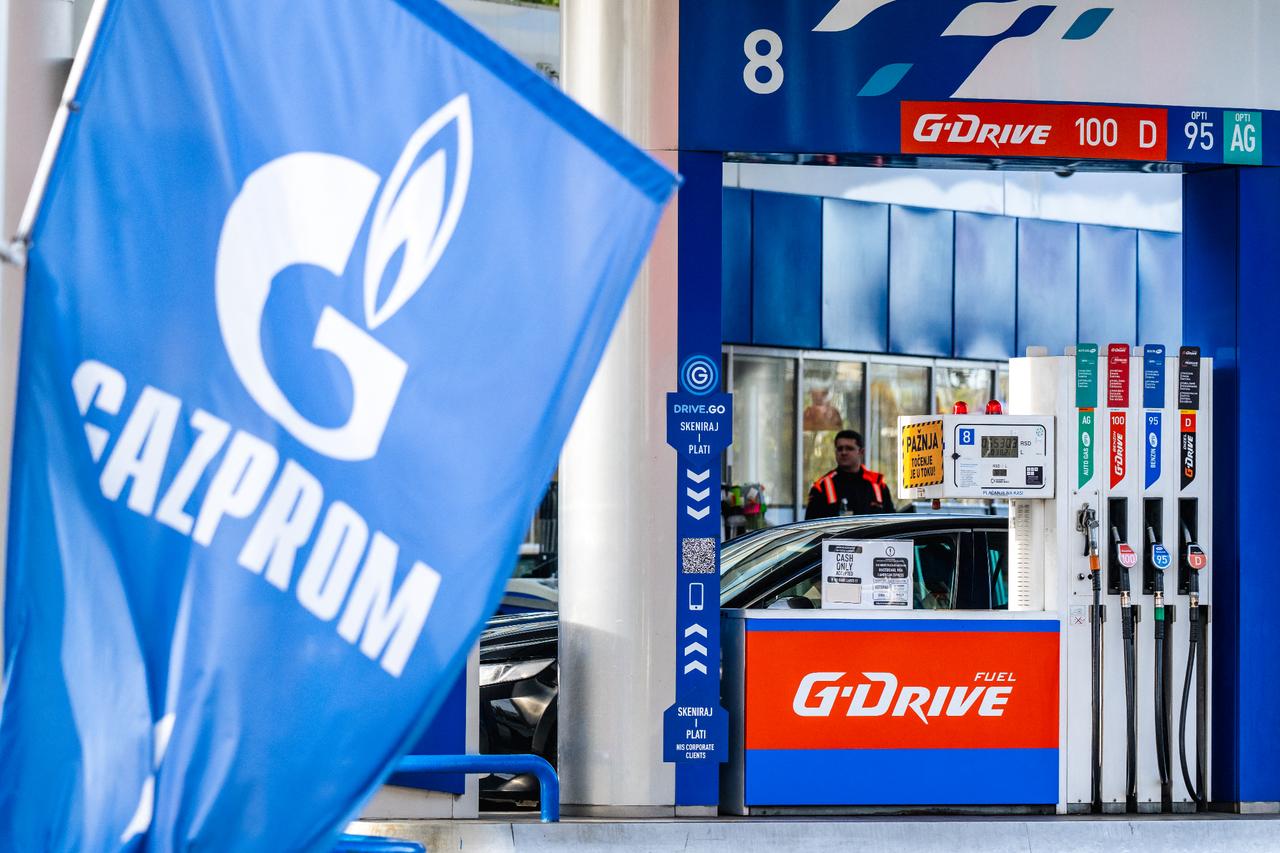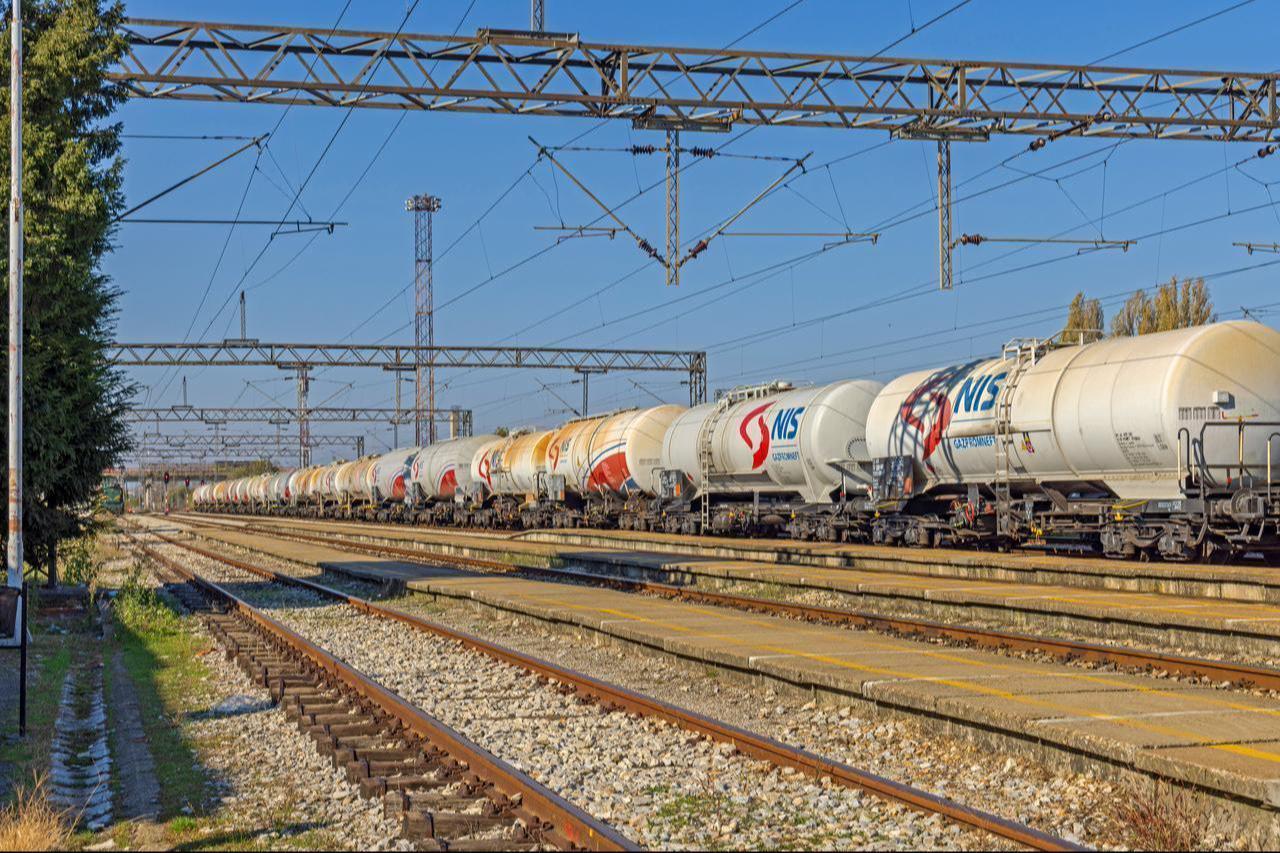
Hungary has committed to expanding petroleum exports to Serbia as the Balkan nation confronts the imminent closure of its sole oil refinery, caught in Washington's sanctions net over Russian ownership.
Hungarian Foreign Minister Peter Szijjarto announced Wednesday in Belgrade that state energy company MOL has more than doubled oil product deliveries since November and stands ready to further increase shipments. The move aims to cushion Serbia against potential fuel shortages as its Russian-majority-owned refinery teeters on the brink of a forced shutdown.
"Serbia can always count on Hungary to secure its energy needs. We will never leave you on your own," Szijjarto said following discussions with his Serbian counterpart.
The diplomatic pledge comes as Belgrade scrambles to navigate a complex energy crisis triggered by US sanctions that took effect October 9, part of a broader American campaign targeting Russian energy interests following Moscow's 2022 invasion of Ukraine.

The Petroleum Industry of Serbia (NIS), which operates the country's only oil refinery at Pancevo, warned Tuesday that the facility could face complete shutdown before week's end without fresh crude supplies. The sanctions have effectively cut off the refinery's access to international oil markets and financial systems.
Serbian President Aleksandar Vucic has sought to project calm, stating that NIS maintains sufficient fuel reserves to last through year's end, supplemented by government-held stockpiles. However, he has issued a 50-day ultimatum for Russian stakeholders to divest their holdings, with prospective buyers from Hungary and the United Arab Emirates reportedly in discussions.
Serbian officials have also prepared contingency legislation that would enable state seizure of NIS if negotiations collapse, marking a significant shift for a government that has maintained traditionally close ties with Moscow.
The sanctions' ripple effects extend beyond fuel supply chains into Serbia's banking infrastructure. Global payment networks Mastercard and Visa have blocked transactions at NIS petrol stations, though domestic Dina cards backed by Serbia's central bank continue functioning alongside cash payments.
Vucic has cautioned that prolonged sanctions could trigger secondary measures potentially targeting the National Bank of Serbia itself if it maintains financial relationships with the sanctioned entity. In response, the central bank announced it would sever ties with NIS if ownership changes fail to materialize within the 50-day window.
NIS has formally requested a temporary sanctions waiver from Washington to allow continued operations during ownership negotiations, but US authorities have not yet responded to the appeal.
Serbia sold a controlling stake in NIS to Russian energy giants Gazprom and Gazprom Neft in 2008 for 400 million euros, part of a broader energy partnership between Belgrade and Moscow. The arrangement positioned NIS as a critical component of Serbia's energy infrastructure while deepening economic ties between the two nations.
As diplomatic efforts intensify, Serbian officials have increasingly signaled openness to state intervention despite earlier reluctance to antagonize Moscow. The evolving crisis tests Serbia's balancing act between its historical Russian alliance and pressure from Western powers as Europe continues restructuring energy relationships in the wake of the Ukraine conflict.